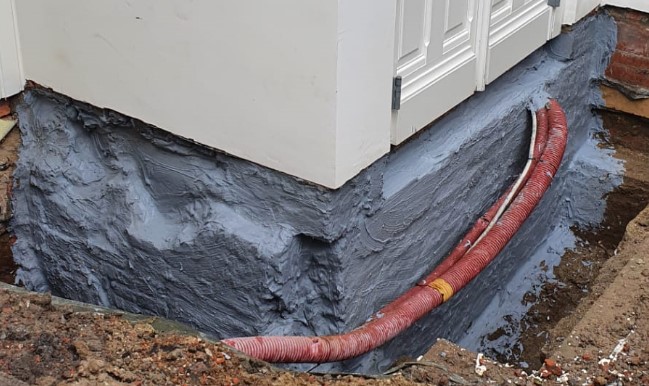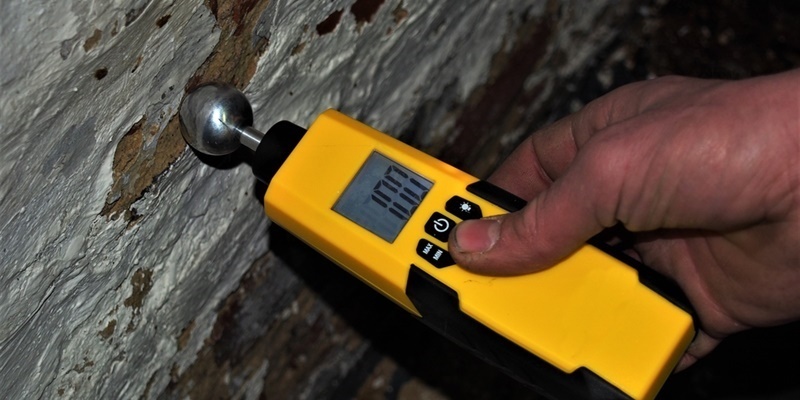Rising Damp: a Persistent Moisture Problem
Rising damp is perhaps the best-known moisture problem. You recognize it as a dark damp spot at the bottom of the wall. This moisture problem is caused by moisture that creeps into the building material through the subsoil. This can be both groundwater and rainwater. In that case, the water barrier of the house is defective. Once the moisture finds a way into the bricks, it can rise higher and higher in your home.
In most cases, you can stop rising damp with a wall injection. The affected wall is then injected with a moisture-repellent agent. Once hardened, it forms a physical barrier against rising damp. In severe cases of rising damp, underpinning the wall may be necessary. A new water barrier is then applied.
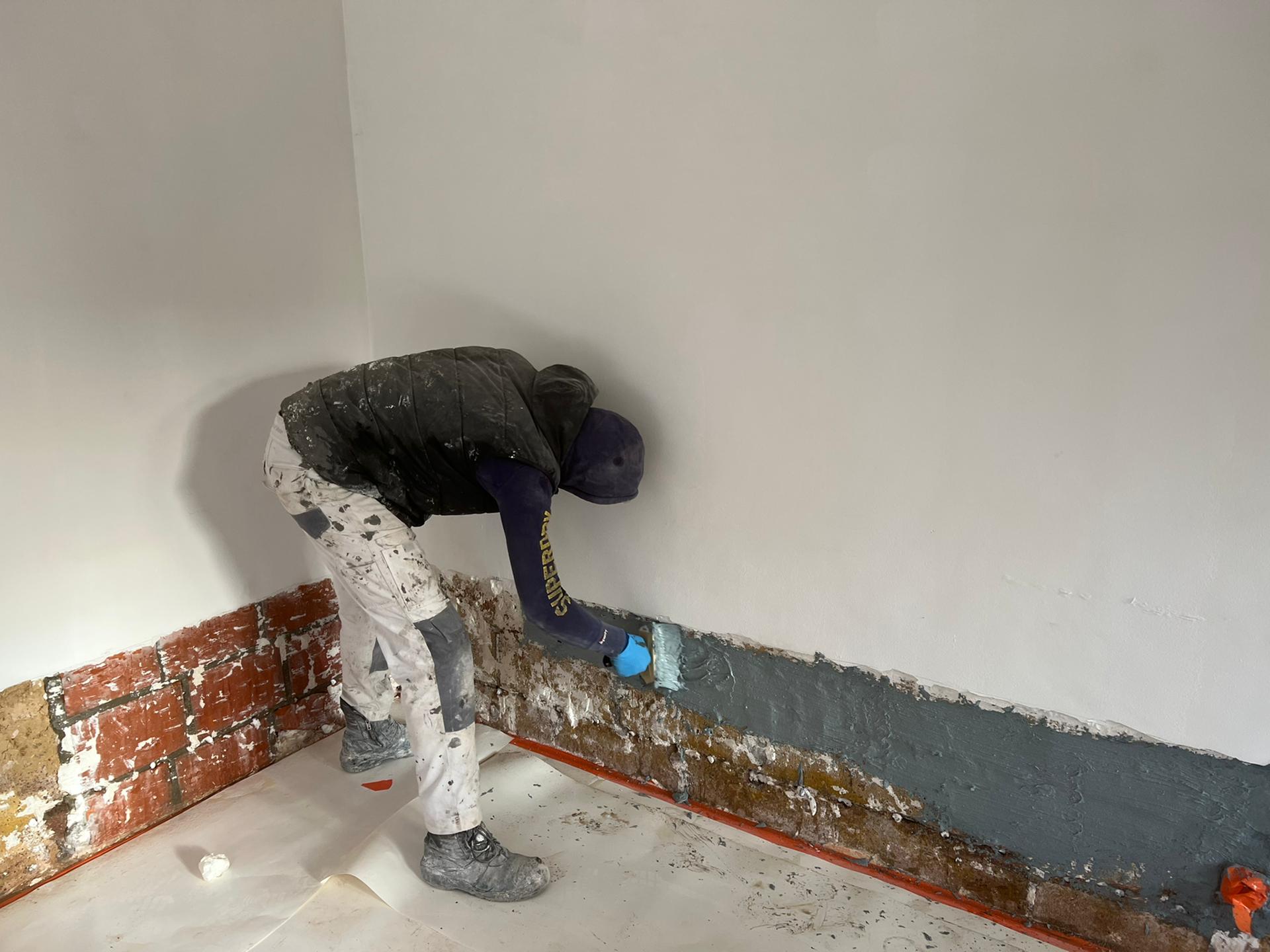
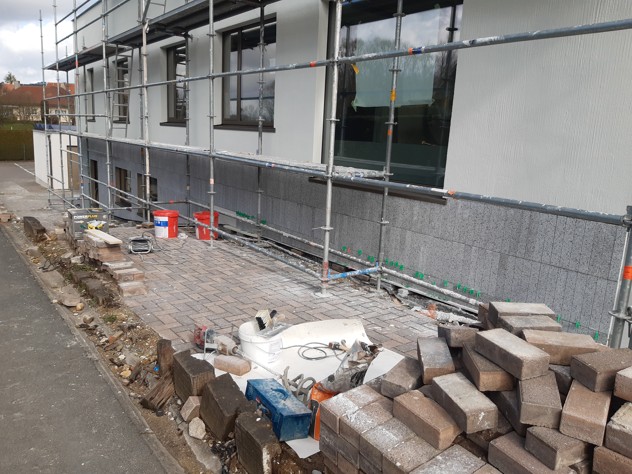
Penetrating Damp in your Home
In older homes, penetrating damp also occurs. Moisture then enters your home through the facade. Over time, the bricks of the facade become porous and absorb water more easily. After heavy rainfall, the moisture can then penetrate into the interior walls. Cracks or fissures in the facade can also be the culprit.
You solve penetrating damp by repairing the facade. Once all cracks are repaired, you have the facade impregnated with a moisture-repellent agent. Rainwater can then no longer penetrate the bricks. This treatment is called a hydrofuge.
Moisture Control against Condensation and Mold
However, the most common moisture problem is condensation. In wet areas, such as the kitchen and bathroom, there is a lot of water vapor in the air. When you don’t ventilate these spaces or don’t have a ventilation system installed, that water vapor can condense on the cold walls and ceilings. When these surfaces remain wet for a long time, a damp spot develops and molds almost always appear on it. Condensation problems can also be caused by thermal bridges when the insulation is not properly installed.
Condensation problems and molds are treated and prevented by installing a mechanical ventilation system. To effectively remove molds, you should call on a professional. Home remedies, vinegar or bleach are insufficient to really drive away the molds.
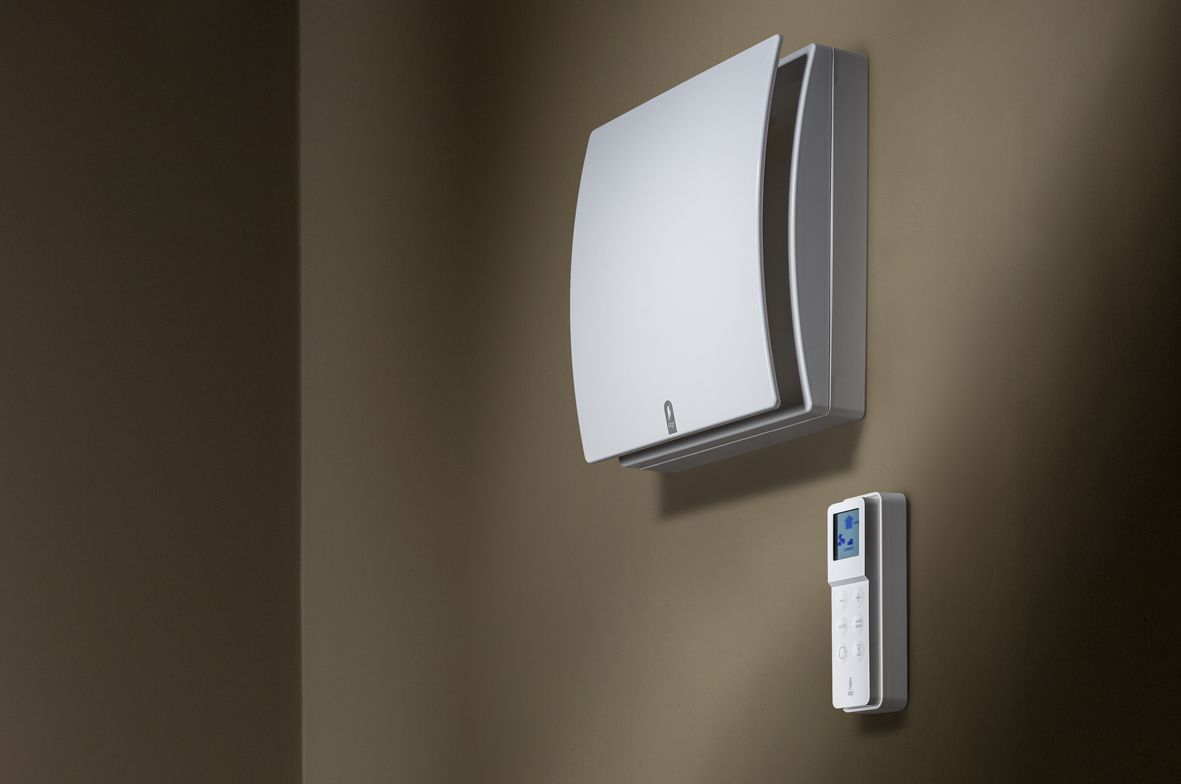
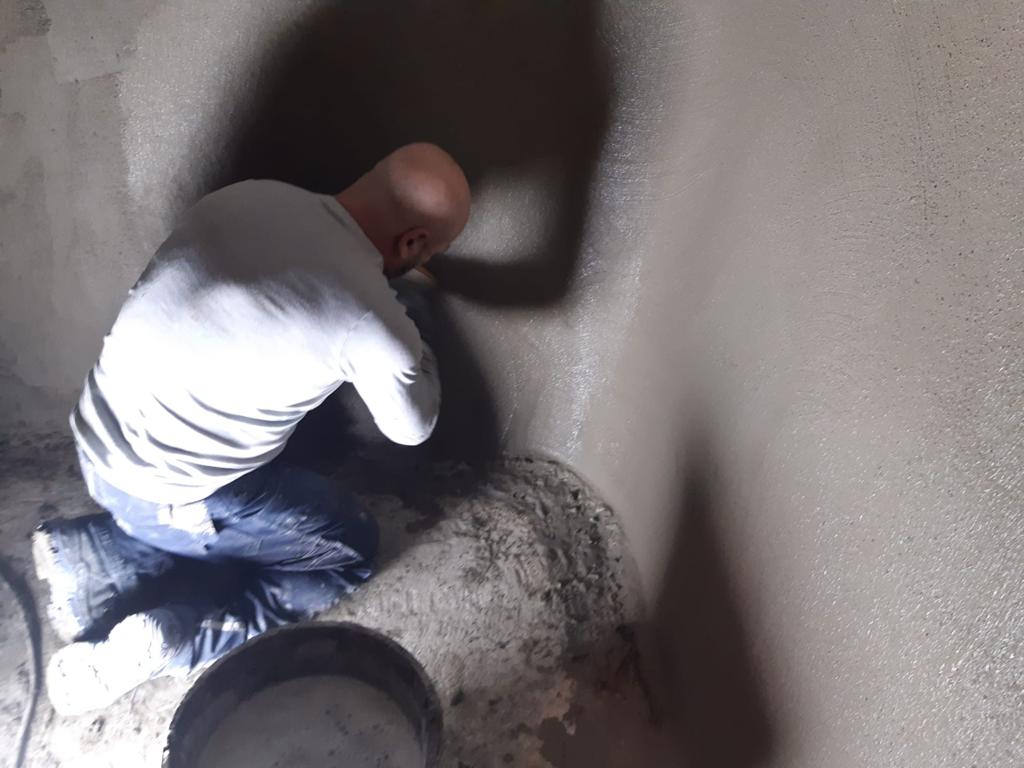
Special Moisture Problem: a Damp Basement
The basement is the space that is most quickly affected by moisture problems. Not strange, because the basement is surrounded by damp soil. Moisture in the basement can be caused by seeping water that penetrates, groundwater that finds its way inside, or pipe leaks that cause water damage. Condensation also occurs quickly in basements.
Fortunately, every basement can be made moisture-free again. In the best case, a wall injection is sufficient, but usually a basement waterproofing will be necessary. Our craftsmen then apply several layers of, among other things, moisture-resistant cement. Once that lining has dried, you can use the basement again as before. For very wet basements, basement drainage is needed. A pump system with a dimpled membrane is then installed so that the water is continuously drained. That system is hidden by a new basement floor and basement walls.
Frequently Asked Questions about Moisture Control
How much Does Moisture Control Cost?
It’s not easy to put an exact price on moisture control. The price is determined by many factors. Each situation is different and therefore has a different price. The main price determinant is the type of treatment. The extent of the problem also plays an important role. Below, we give you some indicative prices so you can already get an idea of the cost of moisture control.
| Type of treatment | Price indication |
|---|---|
| Ventilation system | from € 1,500 to € 6,000 |
| Wall injection against rising damp | from € 120 – € 150 per m² |
| Facade impregnation | from € 10 – € 35 per m² |
| New facade cladding | from € 50 – € 300 per m² |
| Basement waterproofing | from € 4,000 – € 10,000 |
Are there Subsidies for Moisture Control?
You can soften the prices of moisture treatments by applying for a subsidy. Controlling moisture problems is considered a renovation project. Therefore, you can apply for a renovation subsidy.
Previously, this was the Flemish renovation subsidy and an energy subsidy from Fluvius, but from October 1, 2022, these subsidies were merged into the My Renovation Subsidy. You can get up to 50% of the cost back as a subsidy.
